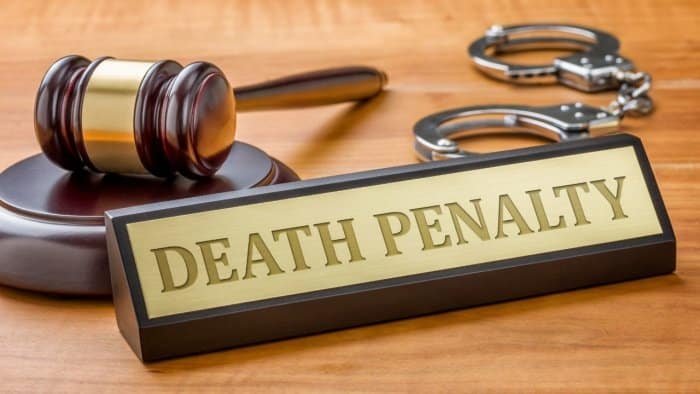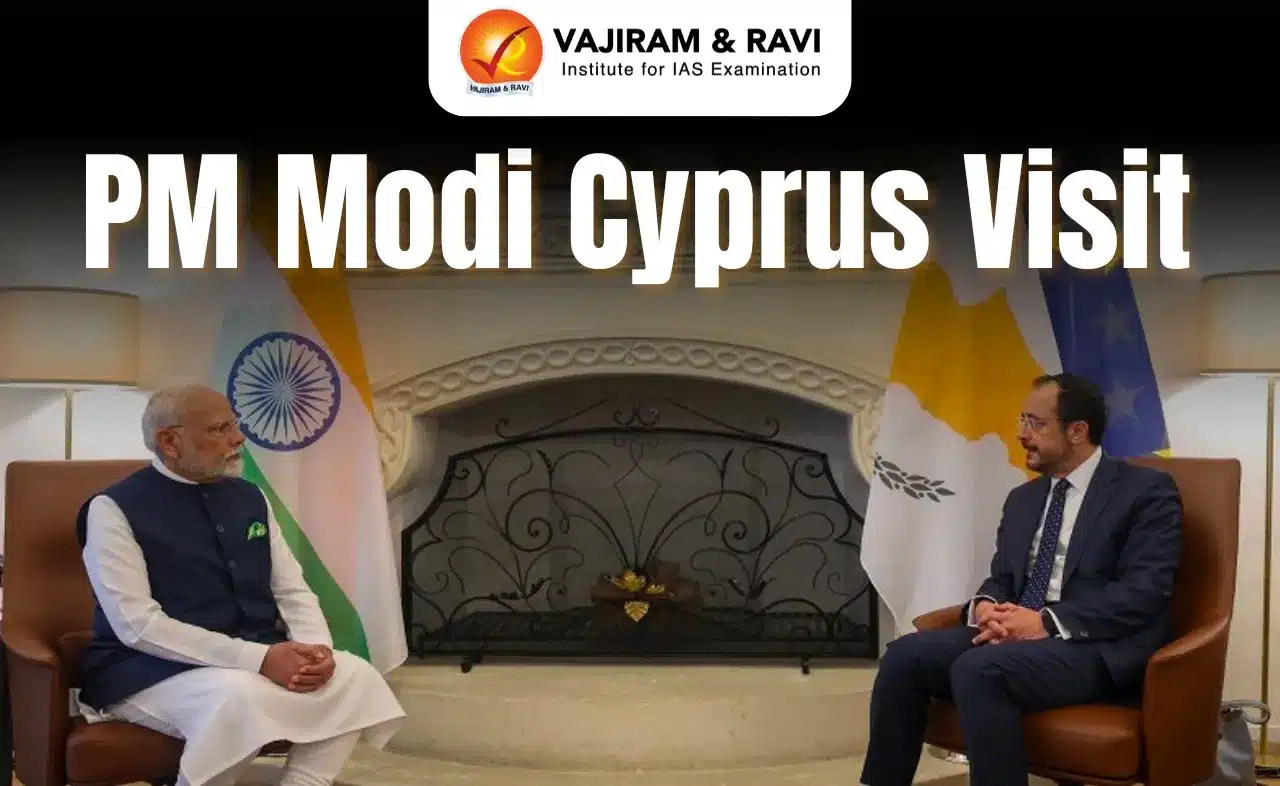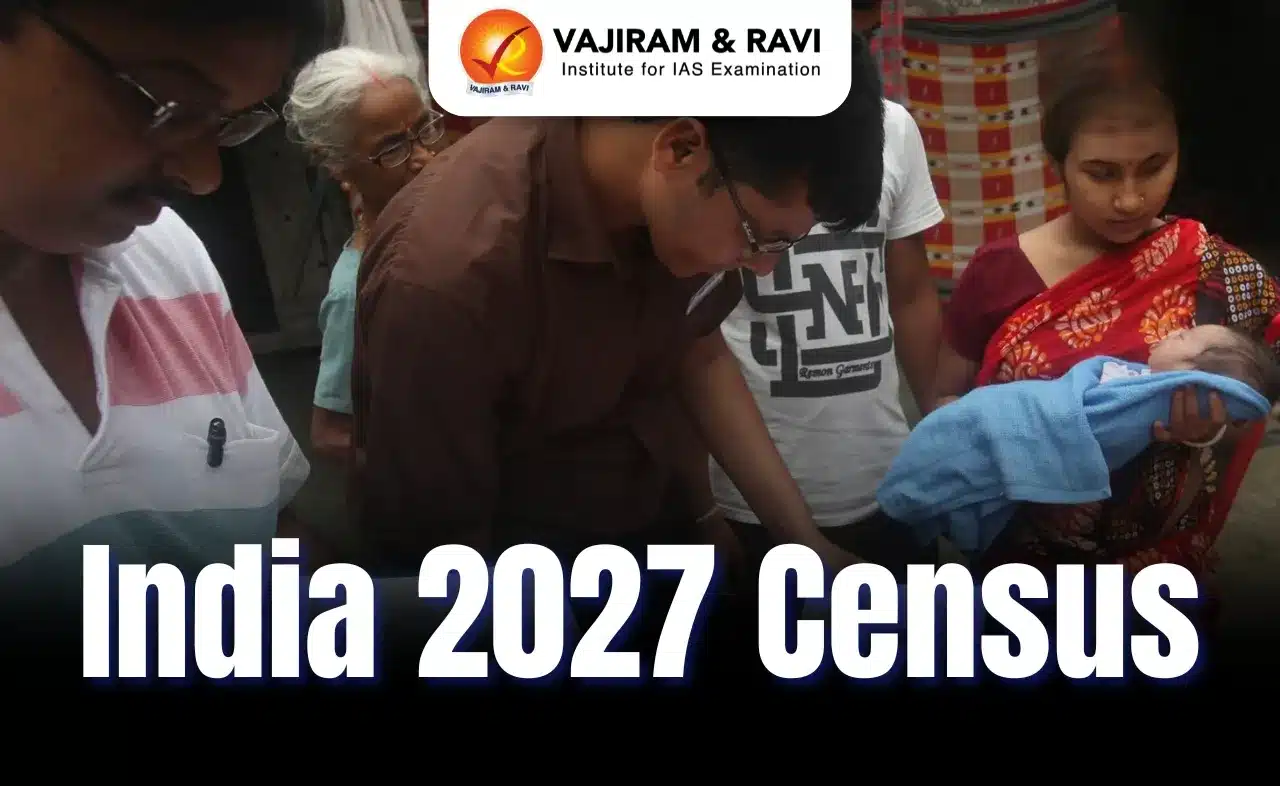What’s in today’s article?
- Why in News?
- Death Penalty in India
- Legal Remedies Available to Death Sentenced Individuals
- Arguments in Favour/Against of Death Penalty
- Important Judgements on Death Penalty
- How are Executions Carried Out in Other Countries?
- News Summary
Why in News?
- A Supreme Court Bench, headed by Chief Justice of India (CJI), recently asked the Central government to defend the law that allows hanging by the neck as a mode of execution for death penalty.
- This has reopened a decades-old debate over whether there can be a more humane and dignified way of executing the death penalty.
Death Penalty in India
- The purpose of the death penalty is to deter people from doing something by instilling fear in them about the consequences.
- This punishment applies to heinous and traumatising offences to society as a whole, such as murder, rape, rape with murder, etc.
- According to Death Penalty in India (2022) report, the trial courts across the country imposed 165 death sentences in 2022, which is the highest in a single year in the last two decades.
- Death Penalty in India Report is published by Project 39A, a criminal law reforms advocacy group based in New Delhi.
- It is inspired by Article 39A of the Indian Constitution which provides for free legal aid to the poor and weaker sections of the society and ensures justice for all.
- In India, death penalty is carried out by hanging as the primary method of execution as given under Section 354(5) of the Criminal Code of Procedure, 1973 is “Hanging by the neck until dead“.
Legal Remedies Available to Death Sentenced Individuals
- The award of the death sentence by a trial court must be reaffirmed by a High Court to make it final.
- Article 137 of the Indian Constitution provides the power to the Supreme Court to review the orders and judgments passed by it.
- The Review Petition can be filed under Section 114 and Order 47 of the Code of Criminal Procedure (CrPC).
- After the dismissal of the review petition, the person can file Curative Petition.
- Petitioners can file curative petitions in case of gross violation of principles of natural justice.
- The curative petition will be sent to the three senior most judges and the bench of judges who passed the judgment.
- If the majority of them find substance in the petition, then the matter would be sent to the same bench of judges.
- Mercy Petition can be filed by the convicts. It is to be filed within a period of seven days from the date when the Superintendent of jail informs the convicted person of the dismissal of the petition.
- Article 72 and Article 161 of the Constitution provides the power to pardon the petitioner to the President and the Governor, respectively.
Arguments in Favour/Against of Death Penalty
- Moral arguments –
- Supporters of the death penalty believe that those who commit murder, because they have taken the life of another, have forfeited their own right to life.
- Furthermore, they believe, capital punishment is a just form of retribution, expressing and reinforcing the moral indignation not only of the victim’s relatives but of law-abiding citizens in general.
- Counter argument –
- Opponents of death penalty argue that, by legitimizing the very behaviour that the law seeks to repress—killing—capital punishment is counterproductive in the moral message it conveys.
- Utilitarian arguments –
- Supporters of capital punishment also claim that it has a uniquely potent deterrent effect on potentially violent offenders for whom the threat of imprisonment is not a sufficient restraint.
- Counter argument –
- Opponents, however, point to research that generally has demonstrated that the death penalty is not a more effective deterrent than the alternative sanction of life or long-term imprisonment.
- Practical arguments –
- There also are disputes about whether capital punishment can be administered in a manner consistent with justice.
- Those who support capital punishment believe that it is possible to fashion laws and procedures that ensure that only those who are really deserving of death are executed.
- Counter argument –
- By contrast, opponents maintain that the historical application of capital punishment shows that any attempt to single out certain kinds of crime as deserving of death will inevitably be arbitrary and discriminatory.
Important Judgements on Death Penalty
- Ediga Anamma v/s State of Andhra Pradesh (1974) –
- The Supreme Court laid down the principle that life imprisonment for the offence of murder is the rule and capital sentence is the exception in certain cases.
- The Court also stated that a special reason should be given if the court decides to impose a death sentence.
- Bachan Singh v/s State of Punjab (1980) –
- The Supreme Court held that only in rarest of rare cases that are brutal, the death penalty should be imposed.
How are Executions Carried Out in Other Countries?
- According to Amnesty International, 55 countries still have the death sentence in their statute books.
- Death by hanging is the most prevalent mode of execution, especially in the former British colonies.
- Execution by firing squad is employed in China.
- Saudi Arabia uses beheading, apart from other methods.
- In the US, an intravenous lethal injection is given in every state (27 states and American Samoa) that allows the death penalty.
News Summary
- In 2017, a PIL was filed in the Supreme Court seeking a more dignified way to execute the death penalty.
- The petitioner argued that a convict whose life has to end because of the sentence should not be compelled to suffer the pain of hanging.
- In reference to this PIL, the Supreme Court, last week, asked the Central government to defend the law that allows hanging by the neck as a mode of execution.
- Central Government’s argument –
- In its affidavit filed in January 2018, the government had submitted that death by hanging was the only “viable” option to execute a death warrant, but had also sought time to examine methods followed in other countries.
- In its 187th report in 2003, the Law Commission had recommended that Section 354(5) CrPC should be amended to provide for “lethal injection until the accused is dead”.
Q1) What is the difference between Remission & Respite?
Respite – Respite means awarding a lesser punishment on some special grounds. For example- the Pregnancy of women offender. Remissions– Remission means the reduction of the amount of sentence without changing its character, for example, a sentence of 1 year may be remitted to 6 months.
Q2) Can the Governor commute a Death Sentence?
The President can pardon death sentence while governor cannot. Even if a state law prescribes death sentence, the power to grant pardon lies with the President and not the governor. However, the governor can suspend, remit or commute a death sentence.
Last updated on June, 2025
→ UPSC Notification 2025 was released on 22nd January 2025.
→ UPSC Prelims Result 2025 is out now for the CSE held on 25 May 2025.
→ UPSC Prelims Question Paper 2025 and Unofficial Prelims Answer Key 2025 are available now.
→ UPSC Calendar 2026 is released on 15th May, 2025.
→ The UPSC Vacancy 2025 were released 1129, out of which 979 were for UPSC CSE and remaining 150 are for UPSC IFoS.
→ UPSC Mains 2025 will be conducted on 22nd August 2025.
→ UPSC Prelims 2026 will be conducted on 24th May, 2026 & UPSC Mains 2026 will be conducted on 21st August 2026.
→ The UPSC Selection Process is of 3 stages-Prelims, Mains and Interview.
→ UPSC Result 2024 is released with latest UPSC Marksheet 2024. Check Now!
→ UPSC Toppers List 2024 is released now. Shakti Dubey is UPSC AIR 1 2024 Topper.
→ Also check Best IAS Coaching in Delhi






















